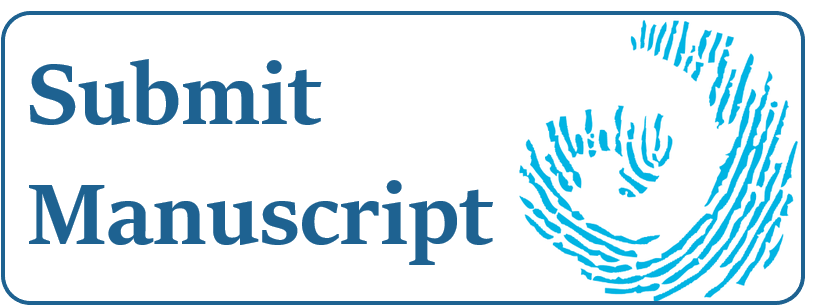Blank pages, brief notes and ethical double-binds: micro digitisation and the ‘infinite archive’
Abstract
Digitised versions of archival fonds with micro or regional significance daily join mass digitisation projects of books and documents in the global digital space. For historians, the exponential expansion of searchable digital archival material has required the revision of traditional research methods. The digital age has also shifted disciplinary boundaries such as the distinction between historian and archivist. This article concerns a micro digitisation involving collaboration between historian and archivist, not in archive access as is usually the case, but in archive creation. The experience of this collaboration is generalisable to other micro-scale uploads of scanned material enabled by digital technologies. This article is a case study of this experience. It uses autoethnography to explore the practicalities and ethical processes of decision-making to create a new digital archive of wine history during the pilot stage of an Australian Research Council Industry Linkage Grant. The decision-making process that transformed a historian as traditional archive end-user to archive creator highlights the challenges for both professions in the decision to digitise, the implications for expenditure of public funds and questions of digitisation and environmental sustainability.
From 2022 (Volume 50) authors contributing to Archives & Manuscripts agree to publish their work under the terms of the Creative Commons Attribution-NonCommercial-NoDerivatives License), which permits non-commercial re-use, distribution, and reproduction in any medium, provided the original work is properly cited, and is not altered, transformed, or built upon in any way. Authors retain copyright of their work, with first publication rights granted to A&M.




